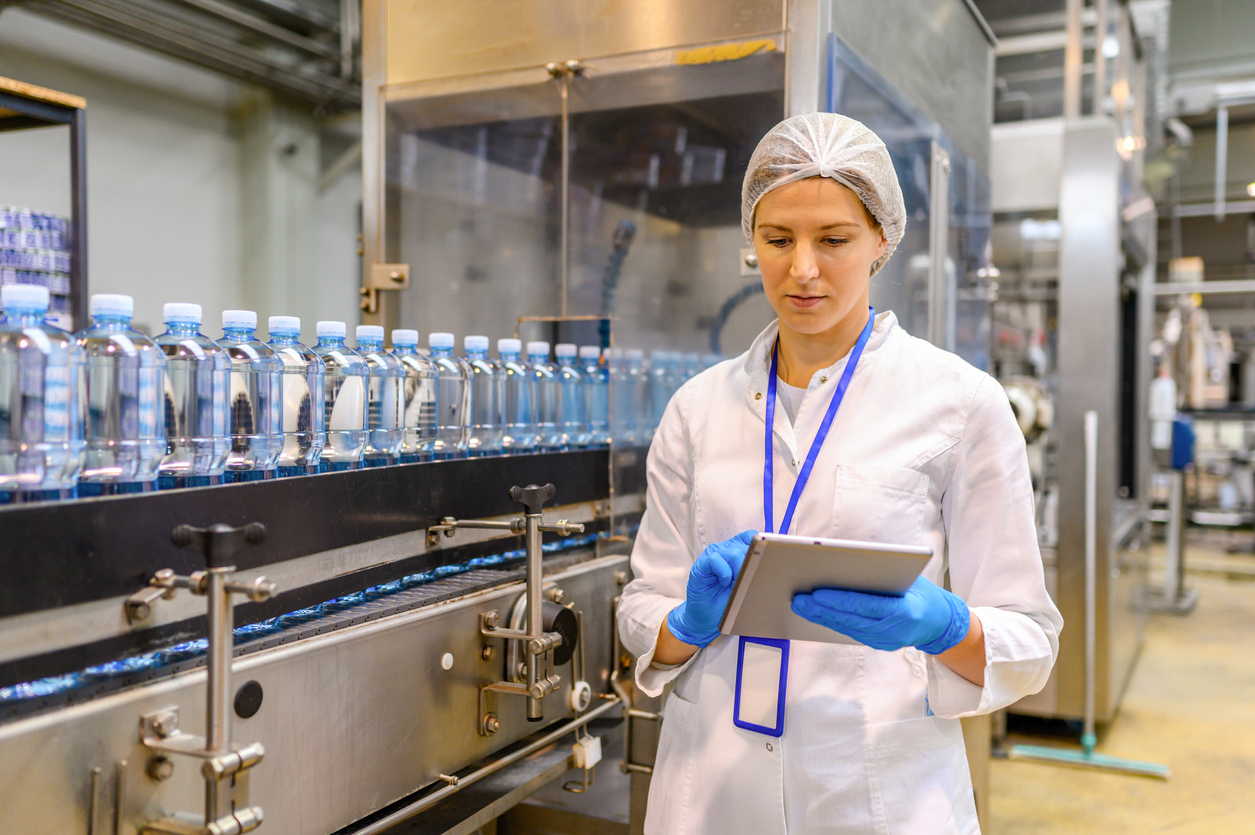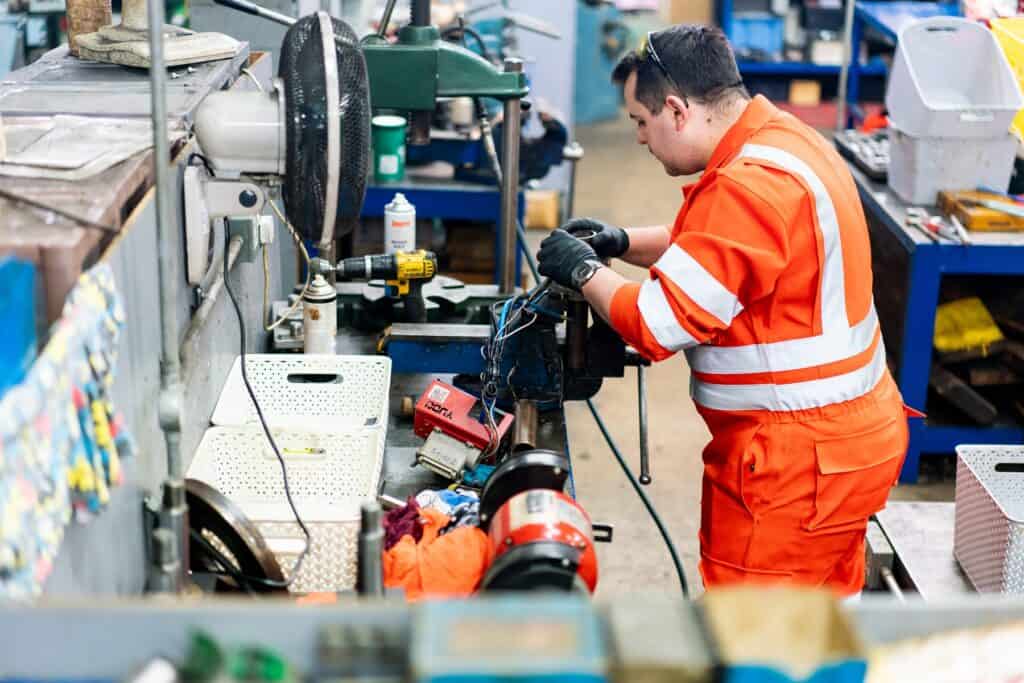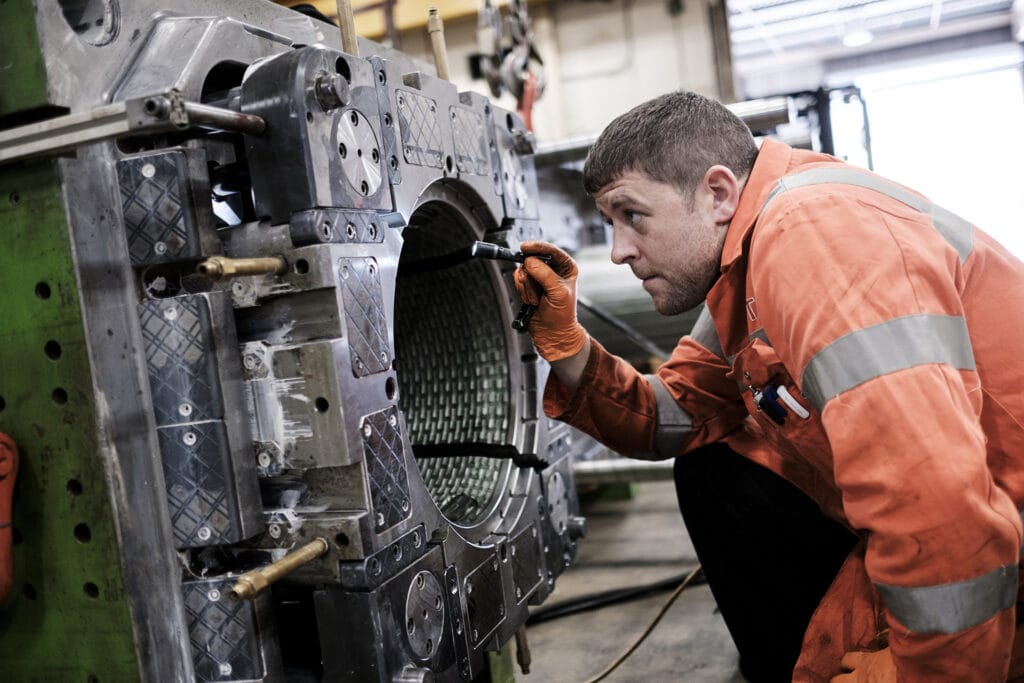Why Choose This Course?
This apprenticeship standard is designed to equip apprentices with the skills and knowledge needed to maintain and optimise food and drink manufacturing equipment. This Level 3 apprenticeship, lasting 42 months, covers a range of competencies including mechanical, electrical, and automation skills. Apprentices will learn to ensure the smooth operation of production lines, troubleshoot issues, and implement preventative maintenance strategies. Employers benefit from having highly skilled engineers who can enhance productivity and reduce downtime, while apprentices gain a valuable qualification and hands-on experience in a dynamic industry.
Apply for this course
Start date: 01/10/2025
Top Course Highlights
Industry-standard facilities
Highly experienced tutors
Develop skills in line with industry needs
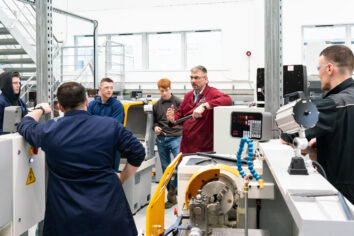
Learn from sector experts
Gain invaluable insights and hands-on experience from industry expert tutors who bring real-world knowledge and expertise to the classroom. Their guidance will help you develop the skills and confidence needed to excel in your chosen field.
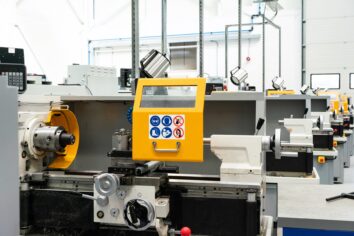
Develop work-related skills
Enhance your practical abilities and gain hands-on experience that directly translates to the workplace. This apprenticeship course focuses on real-world applications, ensuring you are well-prepared to meet the demands of your chosen career.
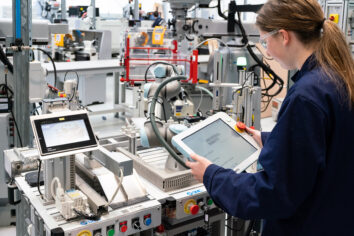
Enjoy professional surroundings
Immerse yourself in a dynamic and supportive environment that mirrors the professional world. This apprenticeship course provides access to state-of-the-art facilities and resources, helping you to thrive and feel confident in your career journey.
What Will I Learn?
Knowledge This apprenticeship provides apprentices with a comprehensive understanding of food and drink manufacturing processes, including the intricacies of production lines and the various stages of food processing. They will delve into health and safety regulations, ensuring they can maintain a safe working environment. Apprentices will also study the principles of mechanical, electrical, and automation systems, gaining knowledge about the operation and maintenance of equipment such as packaging machinery, refrigeration systems, and conveyor belts. Furthermore, they will explore quality control measures, environmental sustainability practices, and the importance of continuous improvement to enhance manufacturing efficiency and product quality.
Skills This apprenticeship will develop a robust set of practical skills essential for maintaining and optimising food and drink manufacturing equipment. They will learn to diagnose and repair faults in machinery, perform routine maintenance tasks, and implement preventative measures to minimise downtime and ensure smooth operation. Apprentices will become adept at using diagnostic tools and software, interpreting technical drawings and manuals, and applying their knowledge to real-world scenarios. The programme also emphasises the development of problem-solving abilities, teamwork, and communication skills, enabling apprentices to effectively collaborate with colleagues, contribute to the efficient running of production lines, and support continuous improvement initiatives within the workplace.
Behaviours Apprentices are expected to demonstrate behaviours such as a strong commitment to health and safety, effective communication, teamwork, adaptability, and a proactive approach to problem-solving and continuous improvement.
Typical Duties that an Apprentice will carry out in the workplace:
- Routine Maintenance: Performing first-line mechanical maintenance tasks such as removing and replacing components, cleaning, lubrication, inspection, and fault finding.
- Fault Diagnosis and Repair: Identifying and diagnosing faults in machinery and equipment, and carrying out necessary repairs to ensure smooth operation.
- Preventative Maintenance: Implementing proactive maintenance strategies, including condition monitoring and best practice techniques to prevent equipment breakdowns.
Where Will It Take Me?
This Apprenticeship Standard opens up a range of exciting career opportunities. Apprentices can progress to roles such as Maintenance Engineer, Multi-skilled Engineer, or Automation Specialist within the food and drink industry. With experience, apprentices might also advance to supervisory or managerial positions, overseeing maintenance teams and contributing to strategic decisions.
Assessment Arrangements
The End-Point Assessment (EPA) is a crucial component of apprenticeship standards, designed to evaluate an apprentice’s knowledge, skills, and behaviours (KSBs) acquired during their training. The EPA typically includes a combination of practical assessments, professional discussions, and portfolio reviews, ensuring apprentices are fully prepared for their chosen career. This assessment is carried out independently by an End-Point Assessment Organisation (EPAO), ensuring impartiality and fairness. Employers play a key role in confirming readiness for the EPA, supporting apprentices throughout the process to achieve successful outcomes.
EPA (End Point Assessment) methods
- Multiple Choice Knowledge Test
- Observation with Questions
- Professional Discussion (Interview) underpinned by a Portfolio of Evidence
Entry Requirements
Grade 4 GCSE (C) in English and Maths.
Additional Information
We provide all of the tools and materials for the course, however you will be responsible for your own PPE and will be required to come equipped with a pair of steel toe capped boots and a pair of safety glasses.
Meet the staff, tour the campus and find out about life as a student at one of the best colleges in the country.
